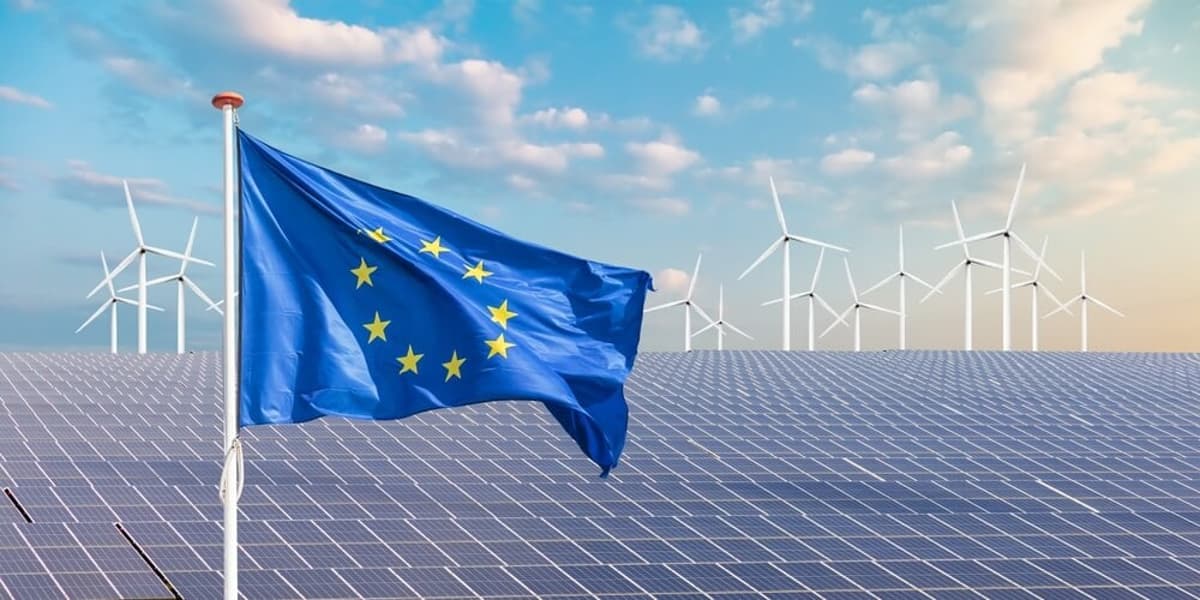EU Making Strides Towards 2030 Climate Goals with Room for Improvement in Energy Efficiency
Key Ideas
- EU is on track to achieve its 2030 climate goals with a 37% reduction in emissions since 1990.
- Focus on energy efficiency and internal energy market improvements to meet targets.
- Member states promoting renewables, market flexibility, and green hydrogen projects.
The European Union is making significant progress towards its 2030 climate goals, having reduced emissions by 37% since 1990. Recent policy developments such as the Clean Industrial Deal and Affordable Energy Action Plan are driving decarbonisation efforts. While the EU is moving in the right direction, there is a need for increased focus on energy efficiency as the collective effort towards the 11.7% target by 2030 currently stands at 8.1%. Member states are aligning renewable energy goals with the EU's binding target of 42.5% by 2030. Challenges remain in the internal energy market, requiring more investment in interconnectivity between countries. Steps are being taken to enhance market flexibility, support renewables penetration, and remove market barriers. The European Commission is providing public funding for green hydrogen projects, highlighting a shift towards sustainable energy solutions. Overall, the EU is optimistic about meeting its climate targets but acknowledges the need for further measures to ensure success.
